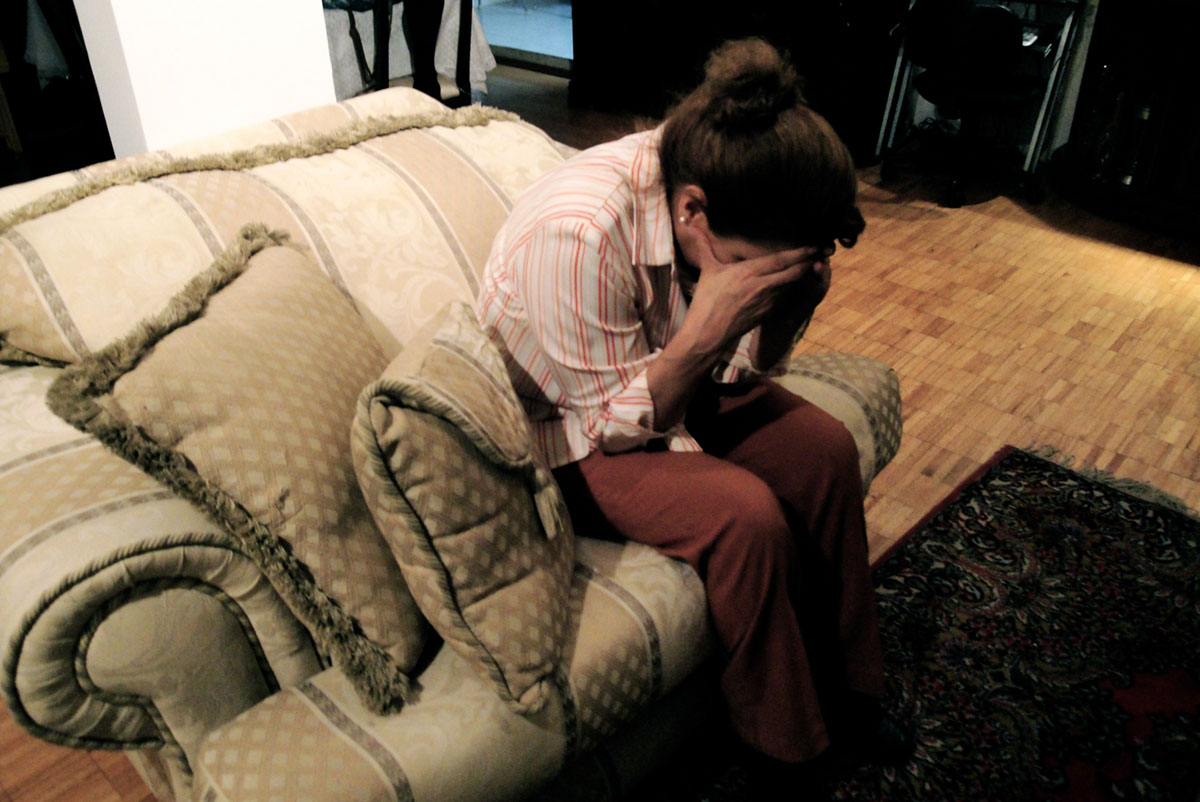
Menopause is a period of a woman's life that is characterized by many changes. Transition to this specific period of time is accompanied by many changes inside the body and there is a chance of many psychological changes. Depression is only one of them.General Info about Menopause
Menopause most obvious sign is a cease in women's menstrual cycle due to hormonal changes. Namely, the ovaries stop producing specific female hormones and this leads to many changes in the body. Menopause typically leads to hot flushes, increased irritability, loss of libido, dry vagina, weight gain etc. Apart from evident physical changes women who enter menopause are prone to mood changes and certain psychological disorders that are either transient or may develop into more severe conditions.
Menopause and Depression
The very entering into the menopause is stressful to many women. The condition can only aggravate with other stress-inducing events in one's life such as changing family roes, personal losses, separation from children (who go to college, get married etc.). Furthermore, many women get separated or divorced which are further contributing factors to depression. The very woman may feel less attractive once she enters menopause and this can cause serious damage to her self-esteem.
It is normal for everyone to experience some hard time during lifetime. Depression is a normal reaction to loss of a close person and similar events but if it lasts long and simply does not improve the condition must be taken seriously and the person treated adequately.
Menopausal women are prone to depression and increased reaction to stress factors. The problem becomes more serious if the specific mood lasts for weeks or months. Such people lose interest in daily activities, they have problems sleeping and there is an evident loss of appetite. What is more, the person may be agitated or there is lethargy, trouble concentrating and suicidal thoughts.Managing Depression during MenopauseThere are several rather effective treatments for depression associated with menopause. One of them is psychotherapy. The therapy is conducted by itself or together with antidepressants. Psychotherapy includes regular meeting with a well experienced psychotherapist, social worker or psychiatrist.
Many women suffering from depression associated with menopause may benefit from cognitive-behavioral therapy. This method investigates one's behavior, thoughts and feeling and helps with coping with strong feelings such as sadness or hopelessness. Relaxation training teaches patients how to reduce and control the intensity of their emotional reaction in stressful situations. And finally, group therapy includes a small number of people who are guided by a trained therapist. The group commonly meets once a week and the people from the group share their experience and support each other. Realizing that there are other people suffering from the same condition can be very comforting and assist in coping with the problem.







-Causes,-Symptoms,-Diagnosis-And-Treatment_f_280x120.jpg)









Your thoughts on this
Loading...